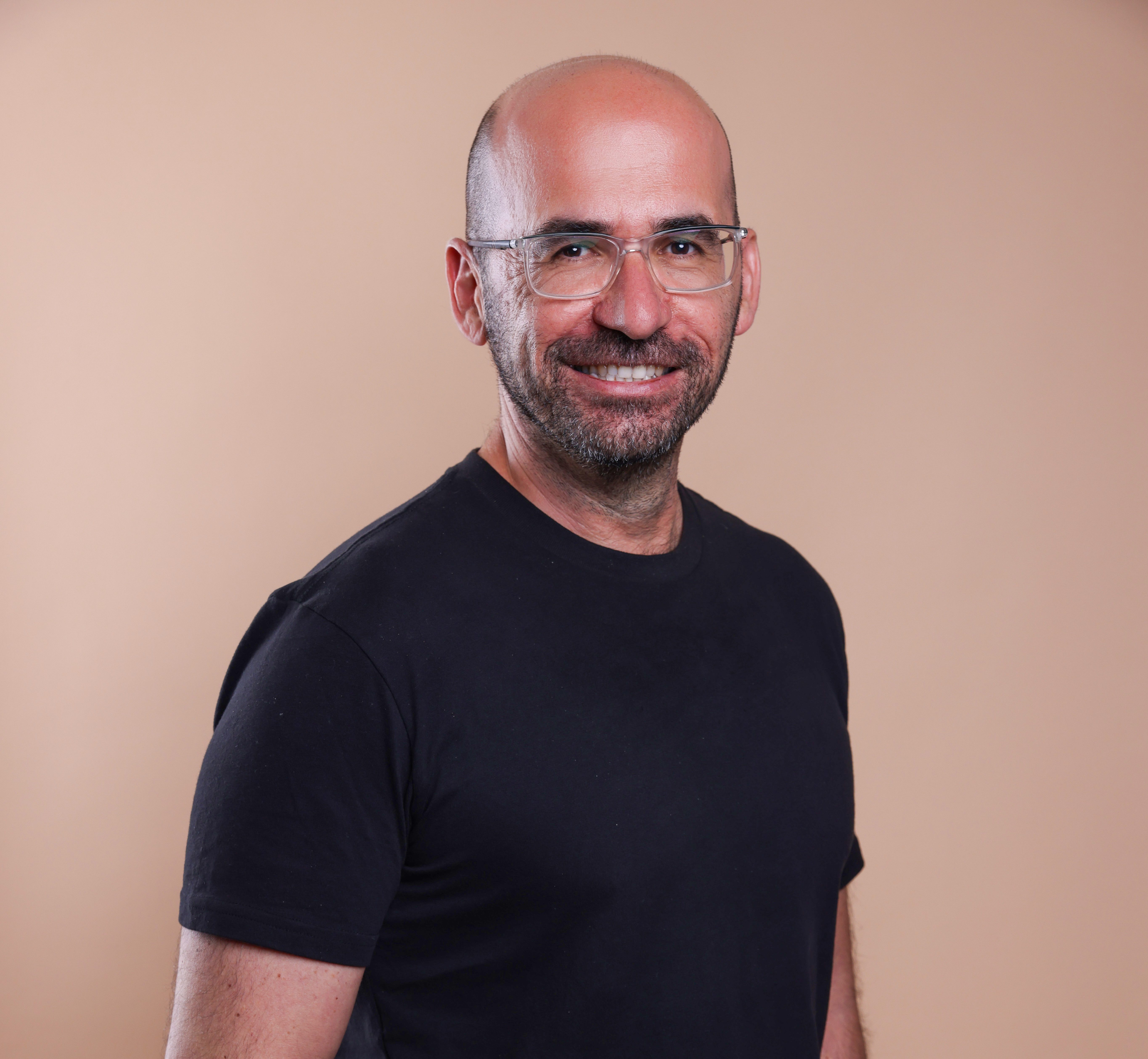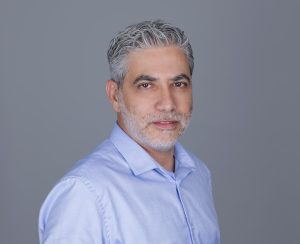The tragic story of the sixteen-year-old boy from California who took his own life after developing a dependency on a chatbot is painful and deeply upsetting. It’s shocking but sadly, not surprising. The immediate calls to ban, restrict, or control such technologies as if we could somehow put them back into the bottle are just as expected. This is often the first reaction to such heartbreaking events.
We are living in a historic moment in which the forces we’ve created have grown stronger than the educational and emotional tools we have to manage them. It’s not only artificial intelligence. It’s social media, it’s algorithms that shape our attention, it’s the instant availability of everything, all the time.
Those who envisioned and built the internet weren’t thinking about a sixteen-year-old who might feel that a chatbot is his closest friend. The companies that developed these bots didn’t intend for them to replace real human relationships. But reality doesn’t wait for intentions. It unfolds ready or not.
What we are witnessing is a generation growing up with access to tools more powerful than any in human history yet without the emotional and cognitive skills to use them safely. It’s like handing a child the keys to a high-speed sports car, without teaching them how to drive.
The solution cannot be: “Let’s take away the keys.” The car is already on the road. The path is already open. The real answer must be: “Let’s teach them how to drive.”
Digital education is not about how to use apps. It’s about how to think about them. It’s about understanding how these platforms are designed to influence us. How they profit from our time and attention. How they create dependency. It’s about learning to recognize the moments when technology serves us and the moments when we find ourselves serving it. To ask: Who is the master, and who is the servant?
Critical thinking today means more than evaluating sources. It means evaluating ourselves. Asking questions like: “How do I feel after an hour on social media?” “Is this chatbot conversation helping me face my problems or helping me avoid them?” “What’s the difference between a digital connection and a real one?”
Life skills today mean learning how to sit with our own thoughts without running to immediate stimulation. How to recognize our emotions instead of burying them under layers of digital noise. How to build real, human relationships even when they’re more complex, more vulnerable, and less convenient than those with an algorithm.
And most importantly how to know we are not alone. That the struggles we face are part of being human, not signs of failure. That real help exists. And that real people care.
That boy who ended his life believed the bot was the only one who understood him. That’s not just a technological failure it’s a societal one. A failure of a system that could not give him the sense that he belonged in the real world.
This is precisely where community matters and where the vision of Atid Educational Network comes to life.
Family, school, and friends must work together to create a true emotional safety net. A place where every individual feels unconditional belonging not because they are perfect, but because they are human.
At the same time, each student must be empowered to grow into a thoughtful, resilient individual one who can reflect on their own thinking, recognize patterns, and question the information they receive. Because in an era where technology knows how to think for us, the most important skill we can teach is how to think about our thinking.

We cannot fight technology, but we can teach our children to live with it wisely. This isn’t just about survival it’s the great educational challenge of the 21st century.
The sea is already here. The waves will come. But we can teach them how to swim.



